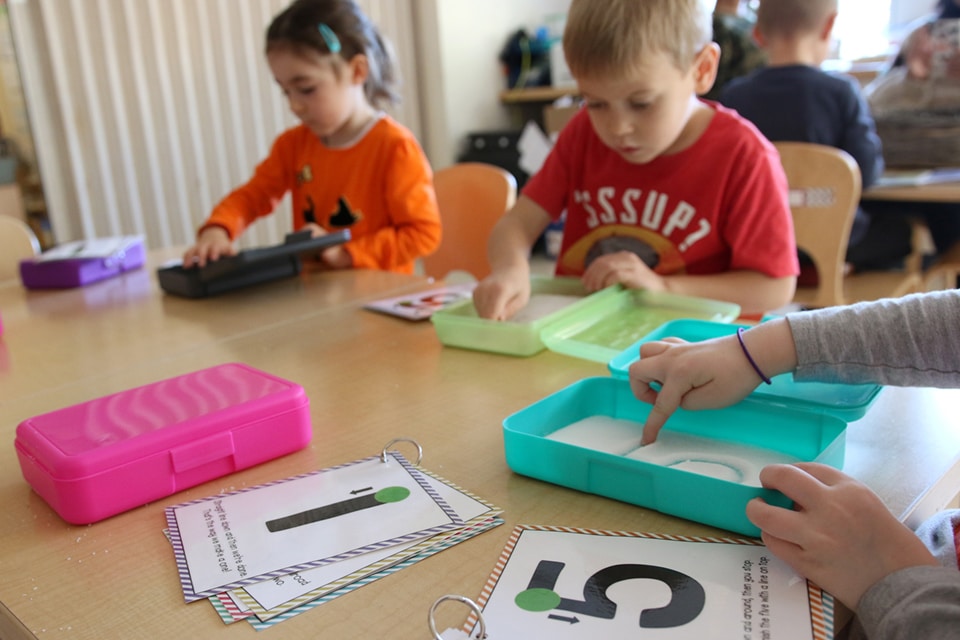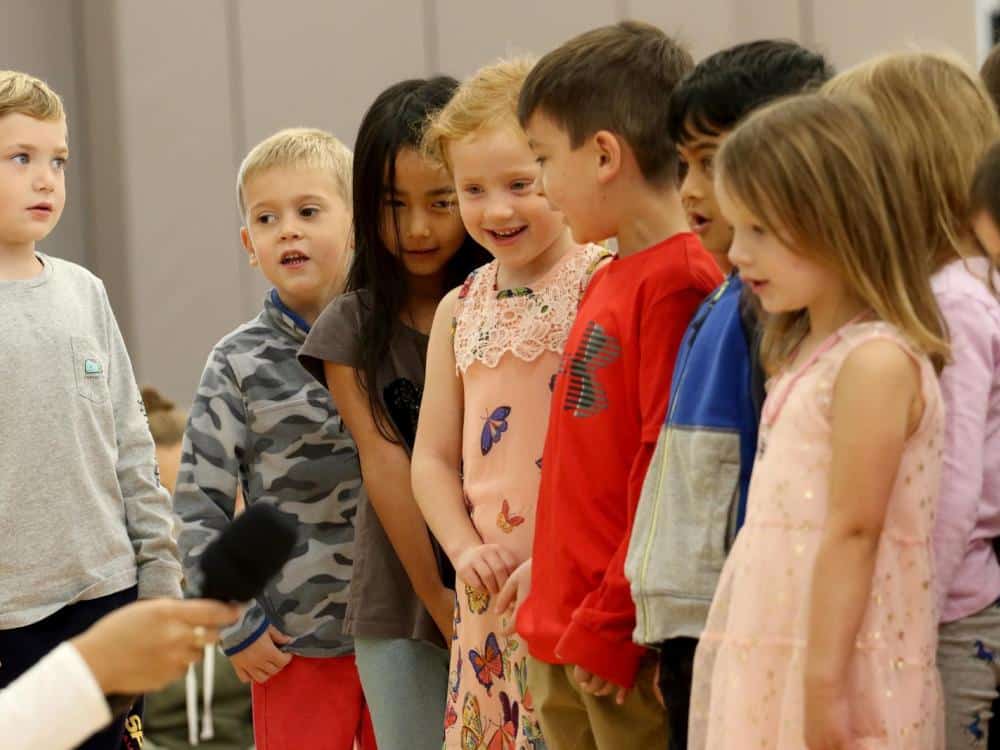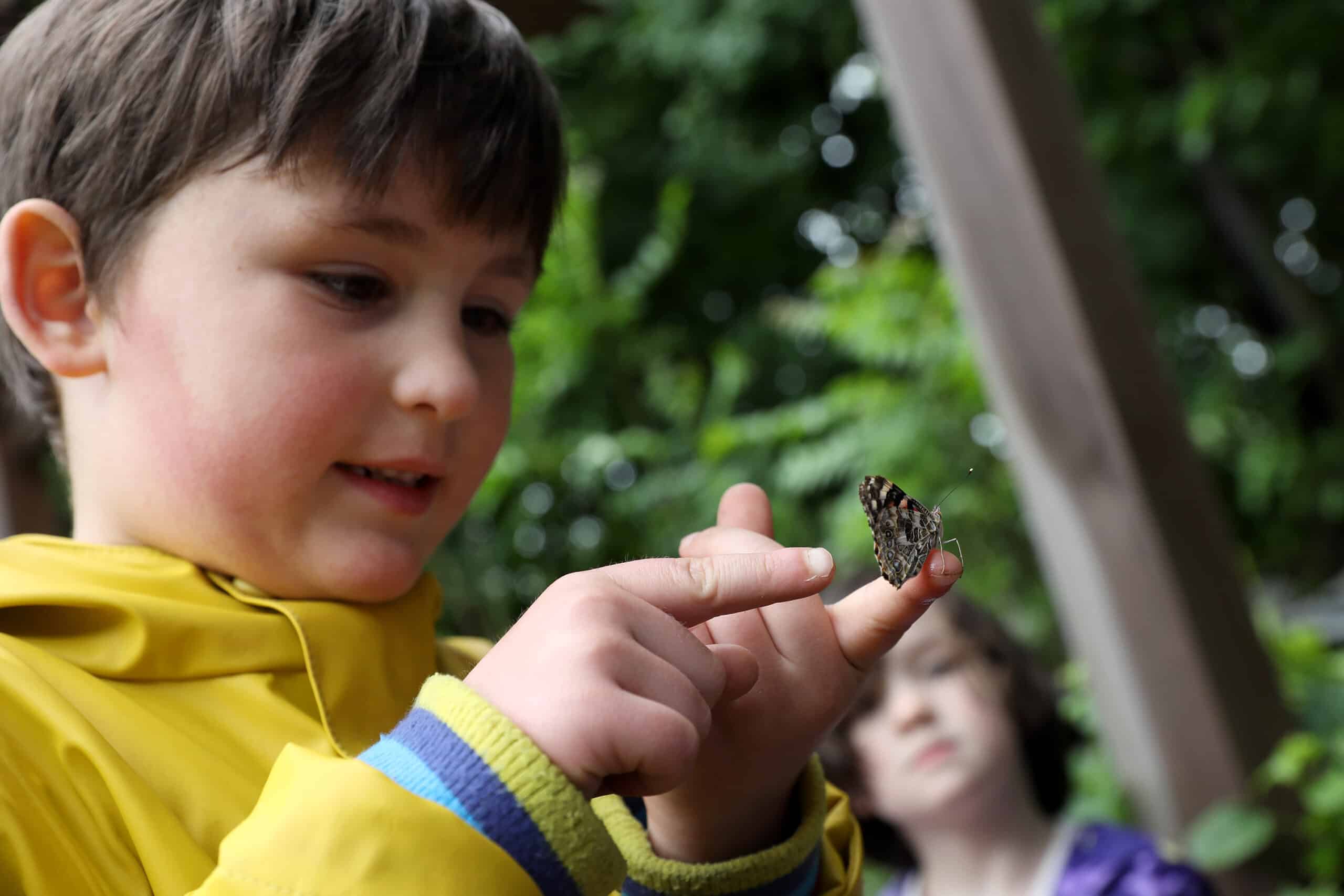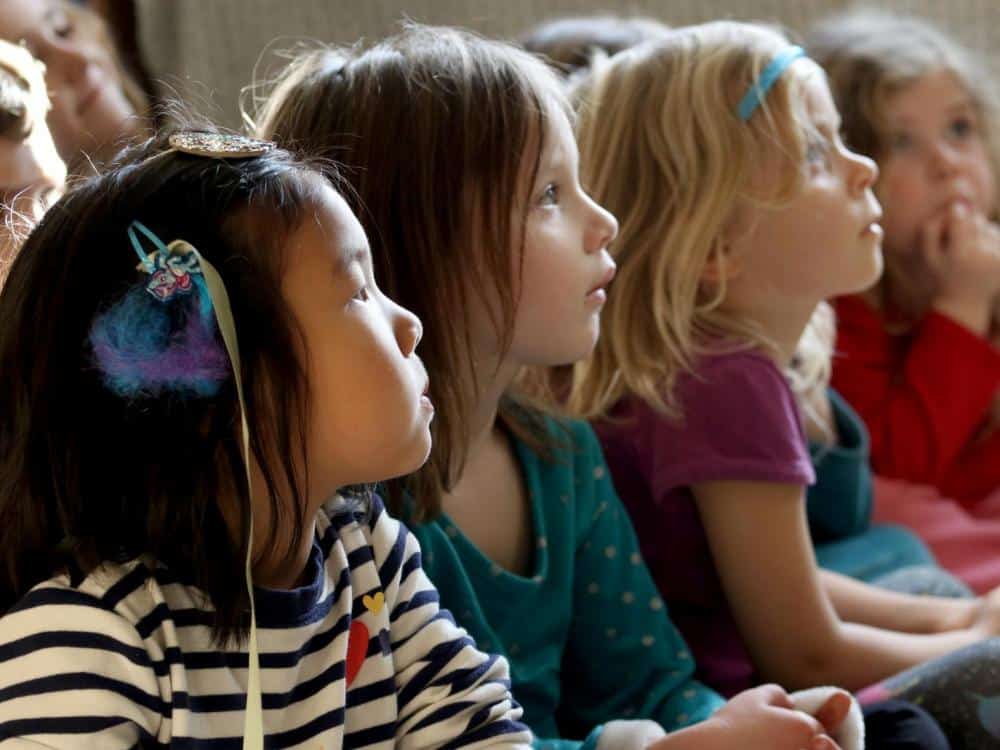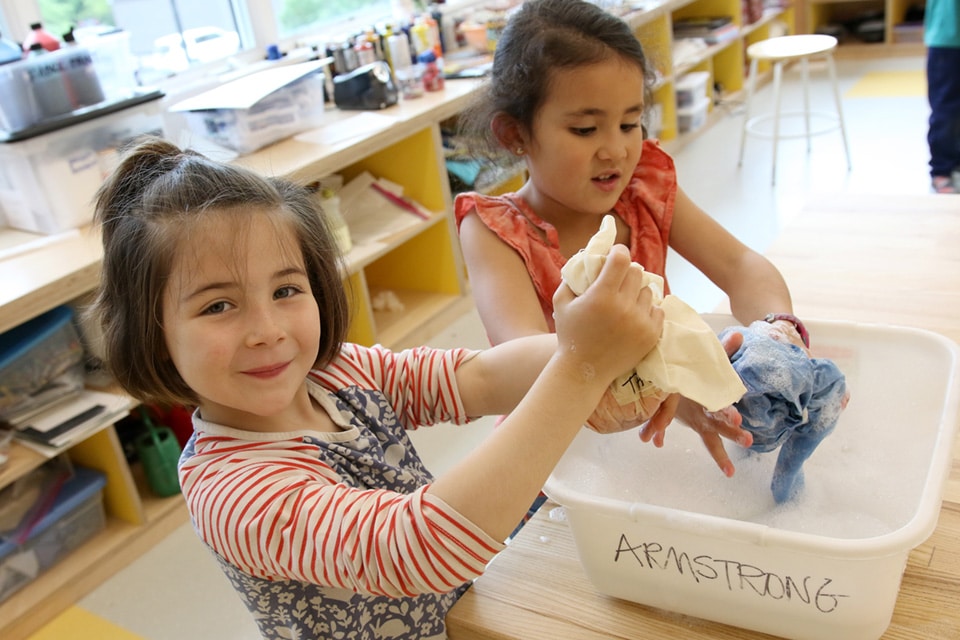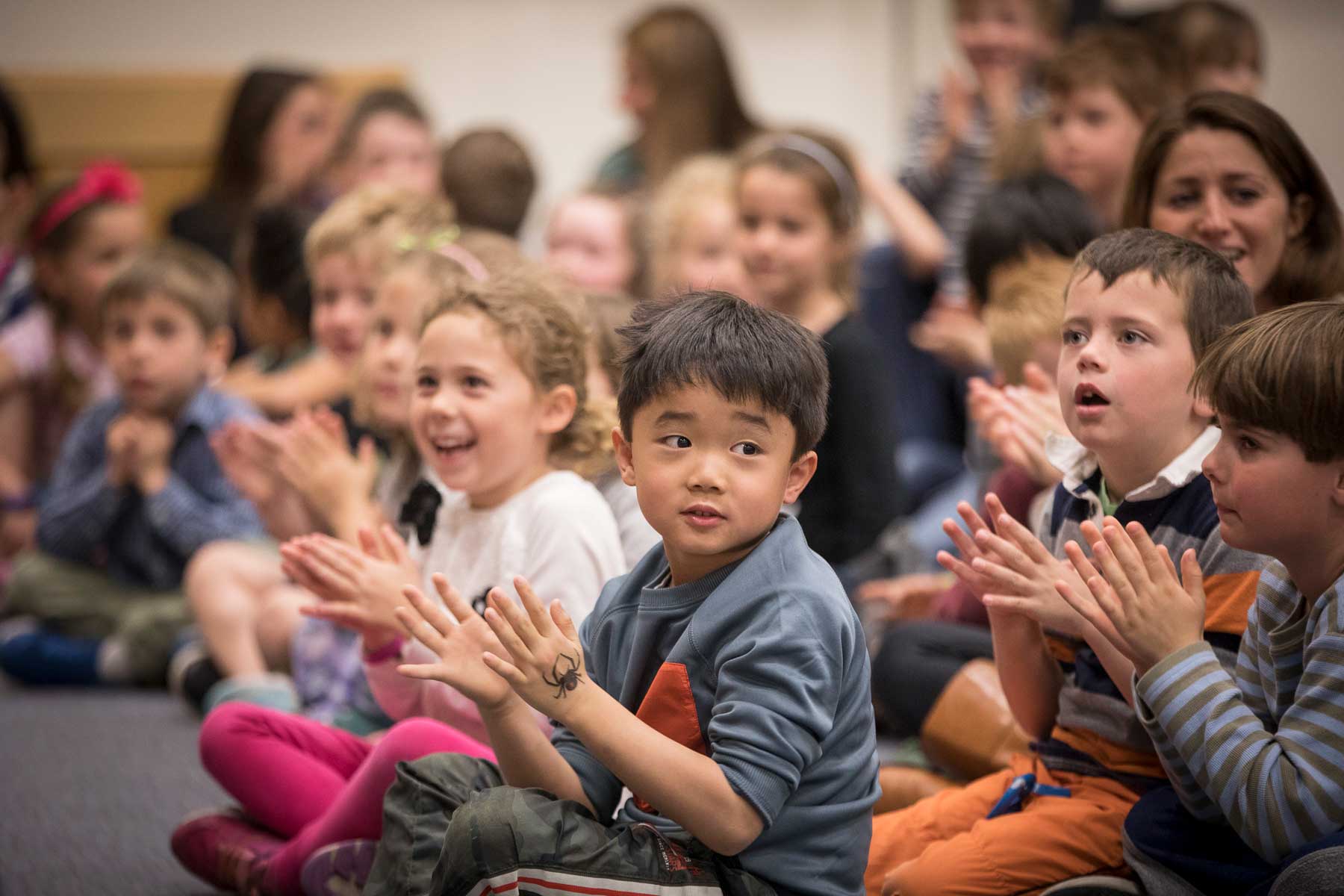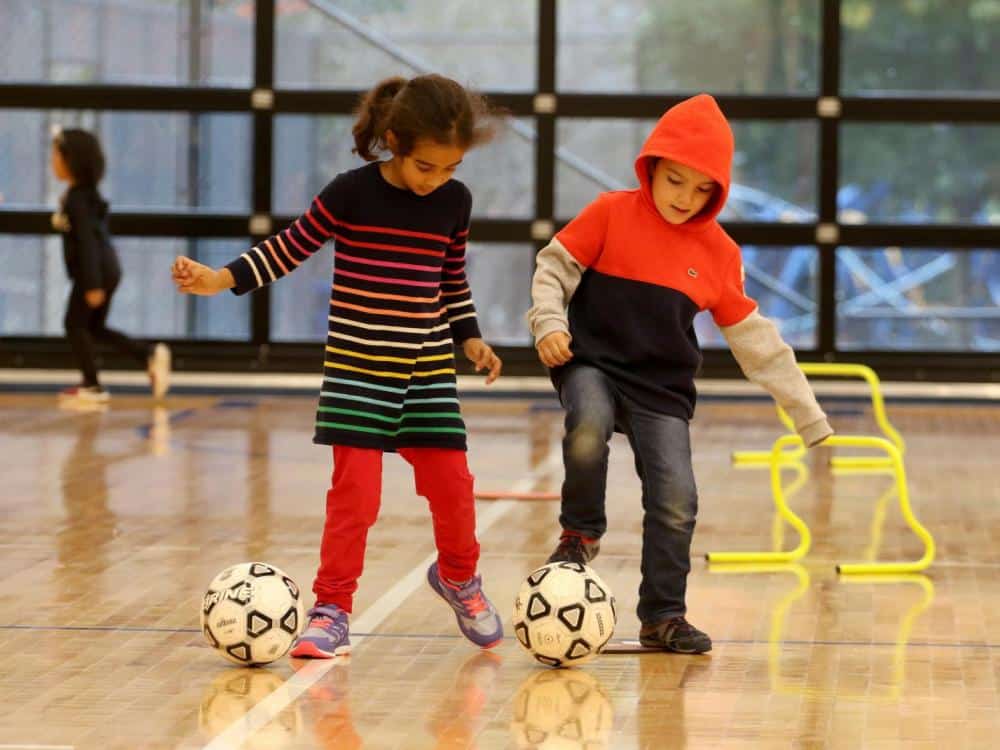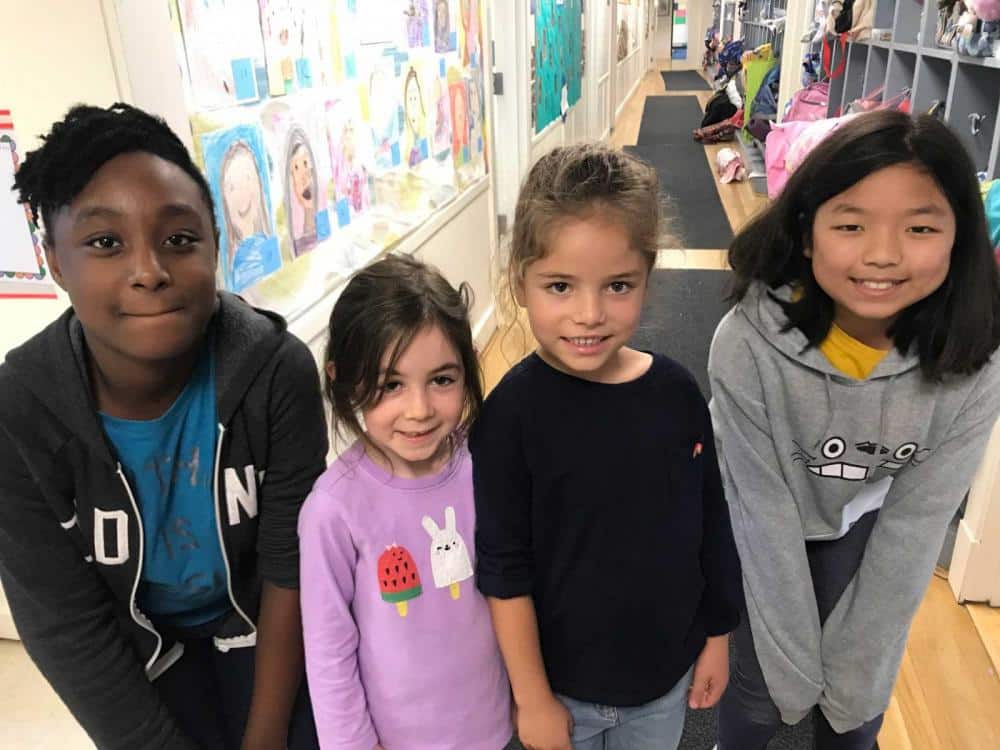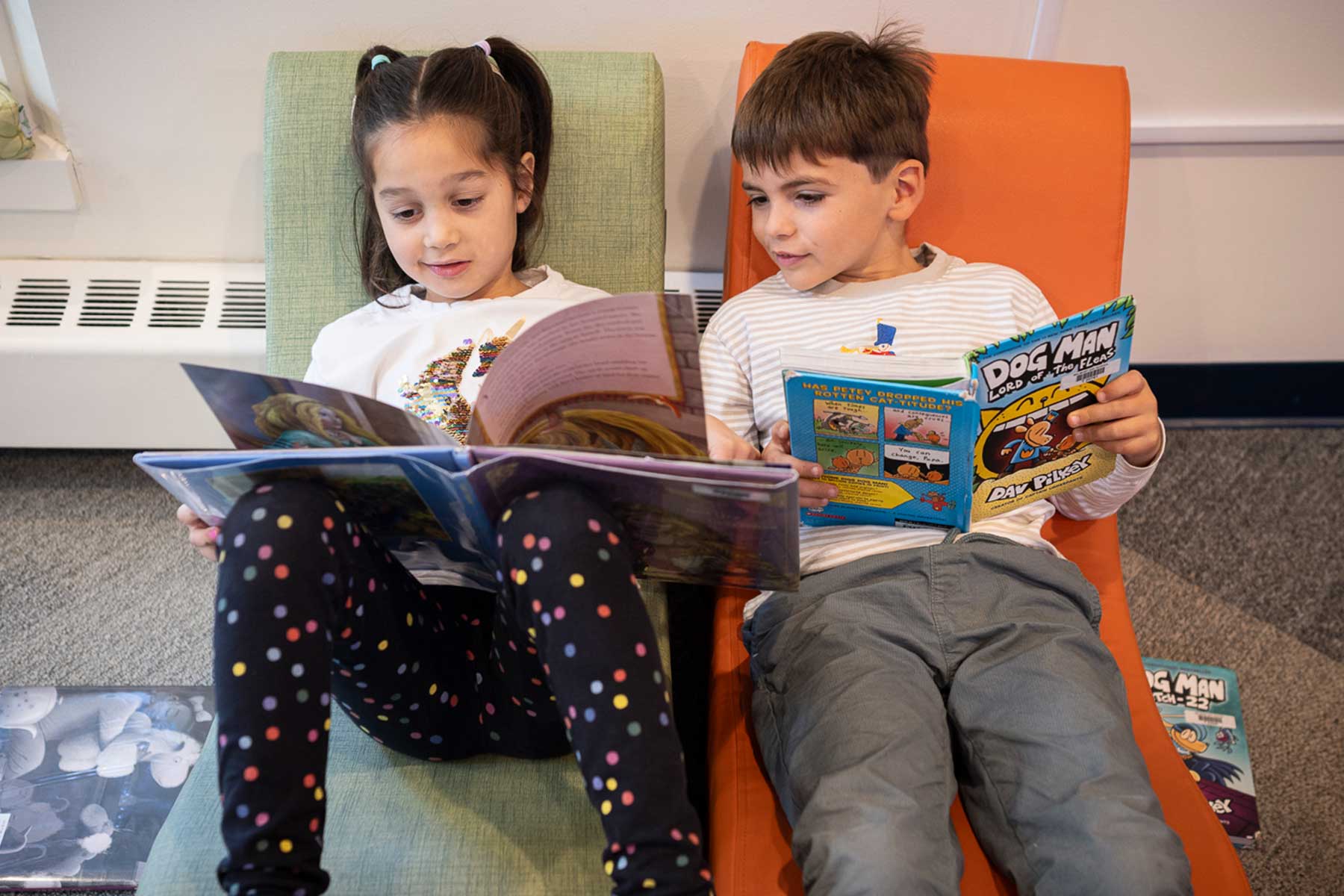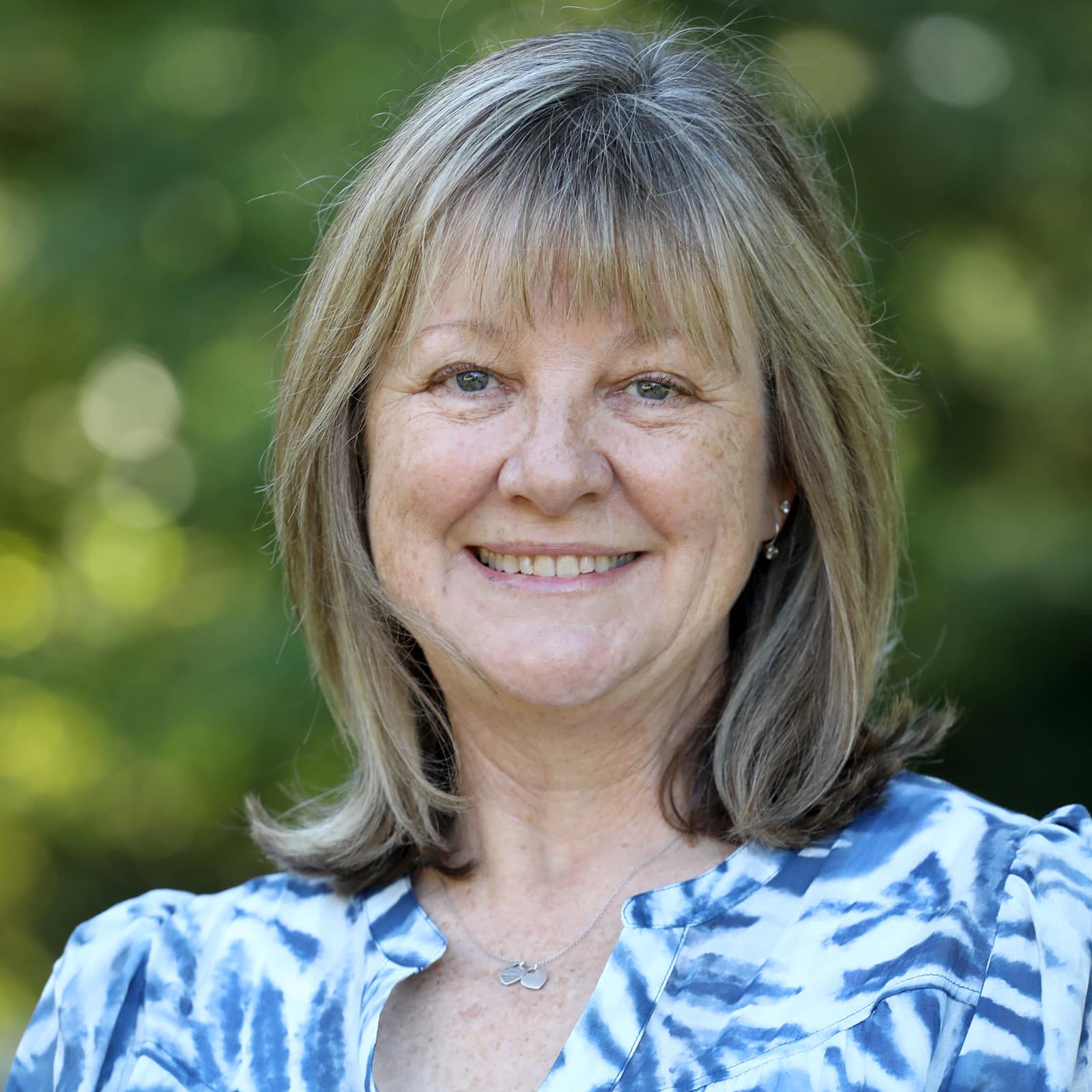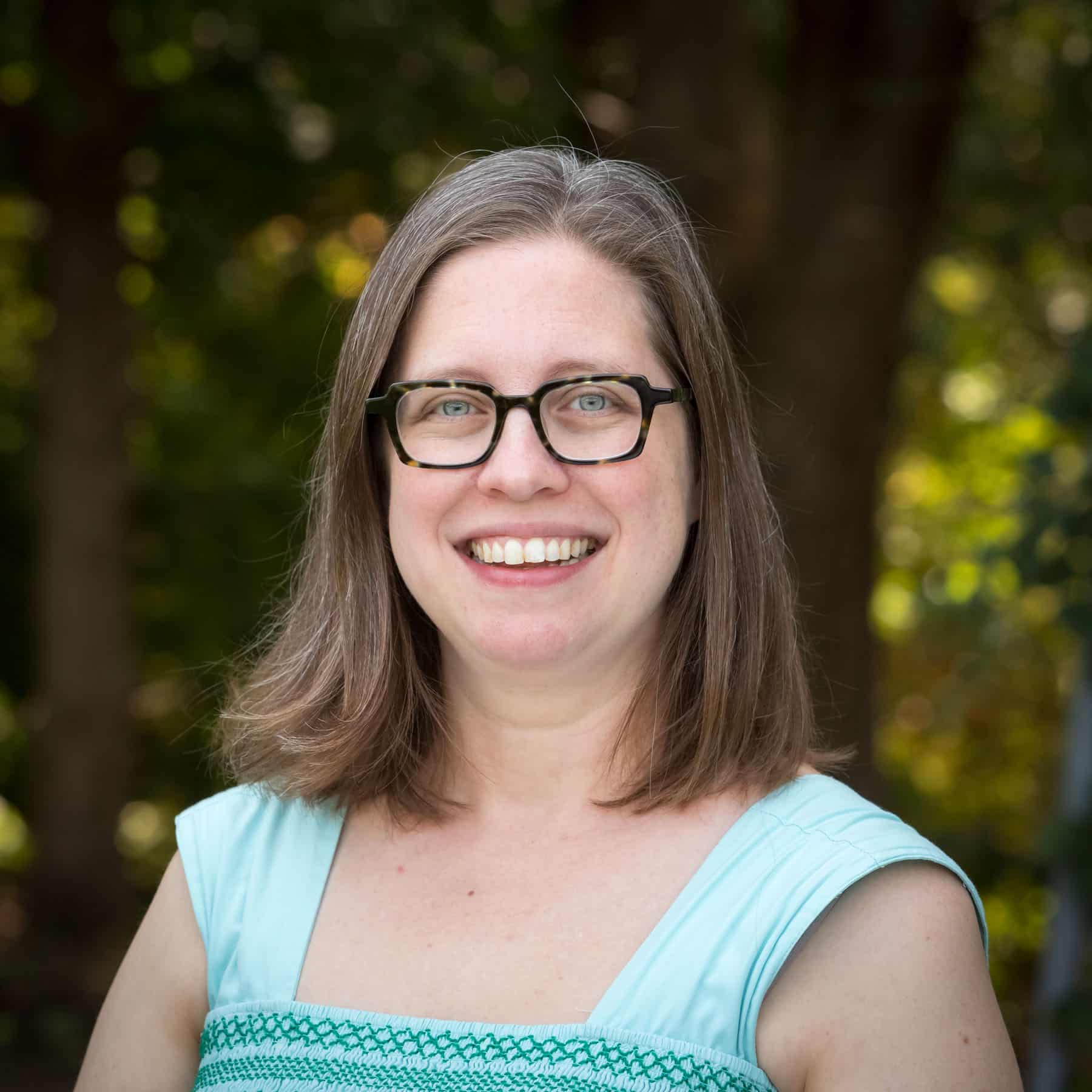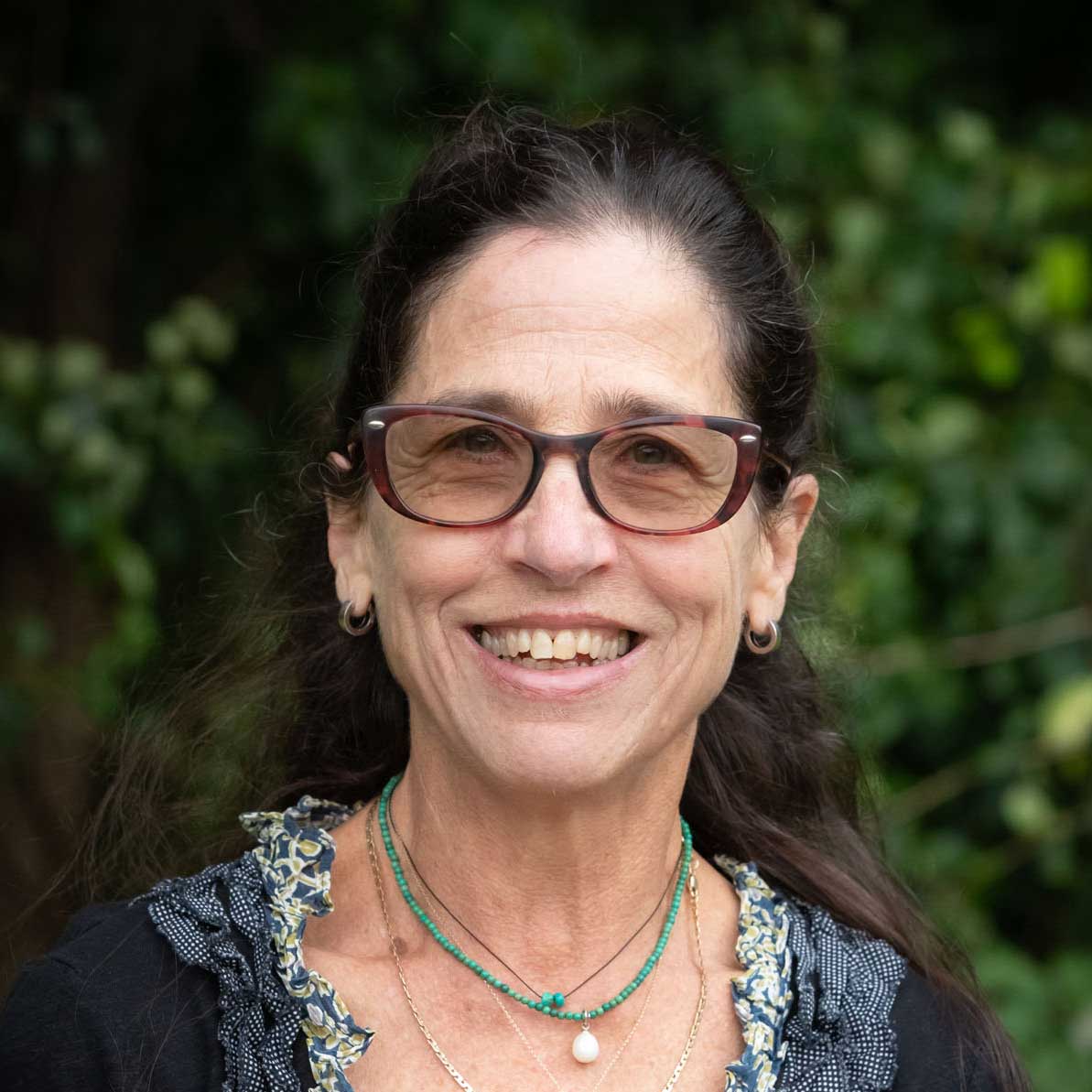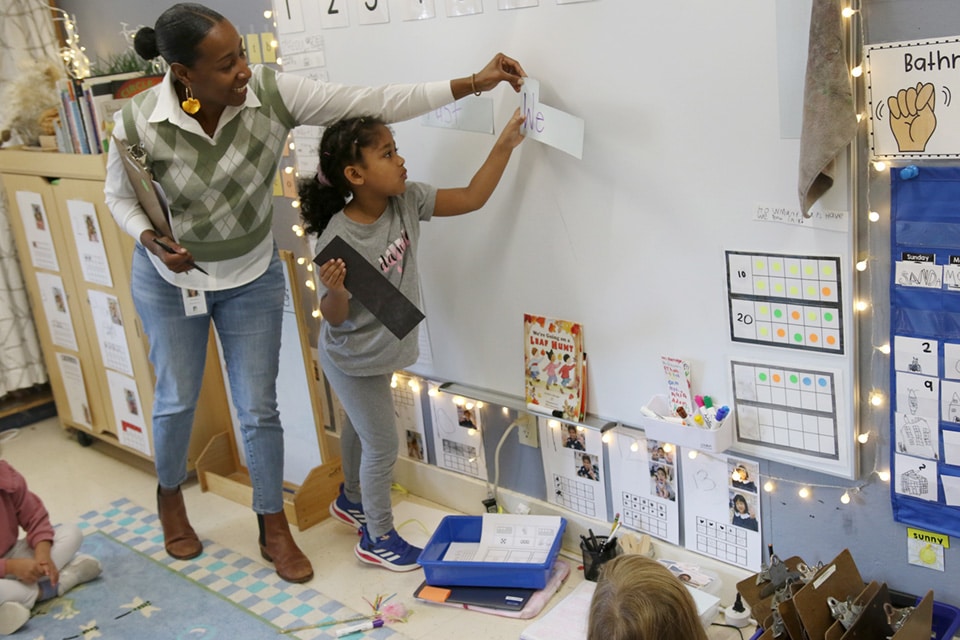
The kindergarten classroom provides children with a print-rich environment; one that offers students multiple opportunities to interact with print and to recognize that words carry meaning. Literacy activities include listening to stories, engaging in shared writing, reciting poems and rhymes, singing songs, taking care of the classroom library, and discussing stories and books. The kindergarteners are introduced to a variety of phonemic awareness tasks, such as producing and detecting rhymes, isolating beginning, medial, and ending sounds, blending and segmenting phonemes, and understanding concepts of print.
Literacy centers allow the students to work on making books in a variety of genres based on their personal interests. These books range from telling everyday stories to books that are pure fantasy, informational texts, how-to books, and those that are adaptations of well-known and familiar picture books. The kindergarteners gain independence when engaged in the hands-on project of bookmaking. They intentionally build meaning in their stories through both pictures and written words.
Reading
While each child accomplishes the task of learning to read at their own pace, our kindergarten students will:
- attend to material read aloud
- understand the concepts of print (directionality, title, author, illustrator)
- understand that print carries meaning
- participate in shared reading
- understand the concept of a letter, a word, a sentence
- identify letter names, upper and lower case
- develop letter/sound correspondence
- apply phonetic principles through invented spelling
- use context clues
- self-correct when reading
- begin to recognize sight words in the environment and in text
- retell text with accuracy and detail
- organize story events in sequence
- identify main ideas
- predict possible outcomes
- understand new vocabulary using context clues
- draw conclusions based on information contained in text
- understand cause and effect
- compare and contrast information
Writing
Our kindergarten students will:
- understand that the written word transmits meaning
- understand directionality of text on a page
- draw pictures to tell a story
- develop and refine ability to correctly form letters
- copy words in the environment
- write their name (first and last)
- use sound/symbol correspondences to write words using invented spelling
- understand some of the conventions of spelling through word family study
- integrate sight vocabulary into writing
- write ideas in a meaningful sequence
- participate in shared writing
- incorporate peer and teacher feedback into writing
- understand the use of spaces between words
Speaking and Listening
Our kindergarten students will:
- be active listeners when others are speaking
- make connections by building upon previous knowledge
- respond meaningfully in conversation
- follow verbal multi-step directions
- develop clear and logical reasoning through oral expression
- develop appropriate articulation and modulation
- demonstrate appropriate ways to interact and communicate with others
- demonstrate understanding a variety of modes of verbal communication: question vs. answer, storytelling vs. instruction, etc.
- confidently speak in a variety of situations including small and large groups
- recognize new vocabulary words and explore their use


